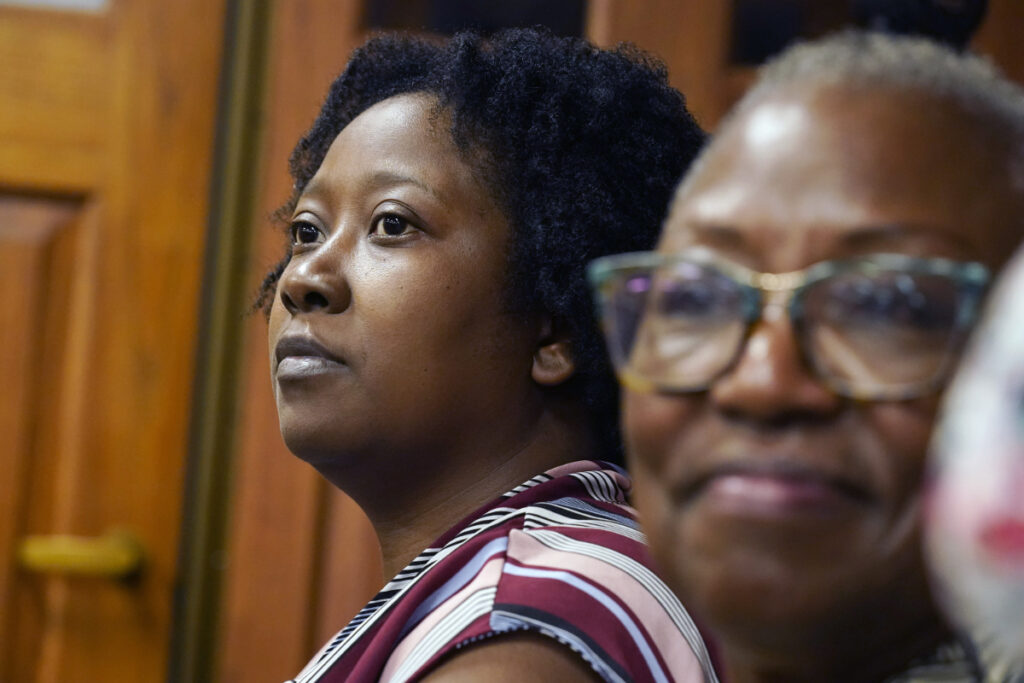The Mississippi Legislature’s attempt to divert $10 million in federal relief funds toward private schools for infrastructure improvements is “a clear violation of the Mississippi Constitution,” Hinds County Chancery Court Judge Crystal Wise Martin ruled Thursday.
After Congress appropriated billions to the State of Mississippi in COVID-19 relief funds through President Joe Biden’s 2021 American Rescue Plan Act, the Mississippi Legislature created a grant program for private schools during the 2022 legislative session using ARPA funds.
The Independent Schools Infrastructure Grant Program said that “eligible independent schools may apply for reimbursable grants to make necessary investments in water, wastewater, stormwater, broadband and other eligible infrastructure projects to be funded by the Legislature using Coronavirus State Fiscal Recovery Funds made available under the American Rescue Plan Act.” Many private “independent schools” in Mississippi began as segregation academies and are still overwhelmingly white.
Parents for Public Schools, a Mississippi-based nonprofit, filed a lawsuit in June 2022 challenging the law with representation from the American Civil Liberties Union of Mississippi, the Mississippi Center for Justice and Democracy Forward. The plaintiffs argued that giving $10 million to private schools violated Section 208 of the Mississippi Constitution, which says funds shall not “be appropriated toward the support of any sectarian school, or to any school that at the time of receiving such appropriation is not conducted as a free school.”
‘Take Notice of Current Events’
The State of Mississippi argued that the appropriation did not violate state law because “the ARPA funds at issue were never earmarked for public schools in the first place” and that public schools “stand to lose exactly nothing as a proximate effect of (the Mississippi Department of Finance and Administration’s payments of such funds to eligible private schools under the Grant Program.”
The judge restated the State’s argument before rejecting it. “Defendants also argue that Plaintiff provided no evidence that a ‘competitive imbalance’ between public and privately schools will adversely impact Plaintiff’s members or public schools differently from the general public, or ‘that infrastructure improvements at private schools will somehow result in a migration of students from public to private schools,’” Judge Martin wrote in her ruling Thursday.
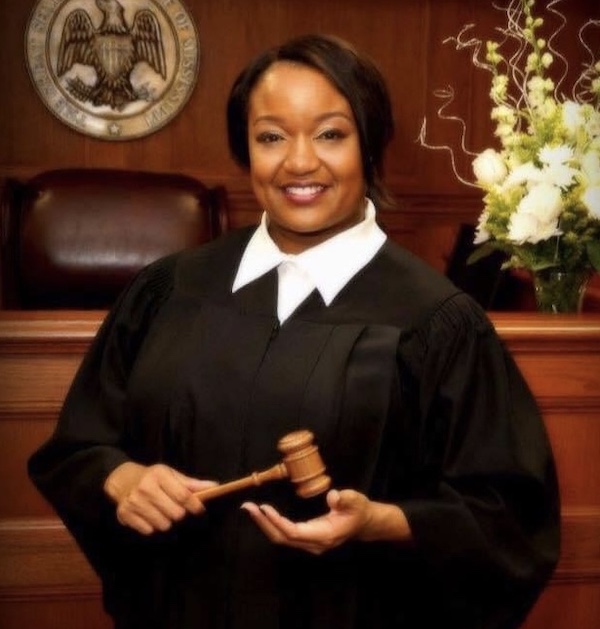
The judge was not sympathetic to that logic, however, and pointed out that the Jackson water crisis caused by the capital city’s underfunded public infrastructure forced about 20,000 students to switch to virtual learning in September.
“This Court need only sit in Hinds County and take notice of current events to find that exclusive public infrastructure funding for private schools adversely affects public school students differently than the general public,” she wrote.
“On August 23, 2022, the same day that this Court heard oral arguments in this case, Forest Hill High School, a school in the Jackson Public School District (JPS), had to dismiss students early because of low water pressure in school buildings. … By August 30, continued flooding of the Pearl River and the systemic failure of the City of Jackson’s water treatment plant forced all fifty-two JPS schools to transition to virtual learning due to inadequate city water supplies.”
She noted that “Mississippi’s public education system has been chronically underfunded” for decades and wrote that “[a]ny appropriation of public funds to be received by private schools adversely affects public schools and their students.”
In 1997, the Mississippi Legislature passed the Mississippi Adequate Education Program, which established a formula for fully funding public schools. In the 25 years since, though, the Legislature has only fully funded public education under the MAEP formula twice.
“When public schools have been chronically underfunded, the prescribed unavailability of these public infrastructure funds adversely affects Mississippi public schools, their employees, their students, and the parents of those students differently from the general public,” Martin wrote in Thursday’s ruling. “Infrastructure funding for private schools and only private schools injures public schools and their students by legislating a competitive advantage for private schools to the detriment of public schools. It is common sense that private schools compete with public schools for students.”
The two bills that created and funded the grant program, Senate Bill 2780 and Senate Bill 3064, “violate the plain language of Article 8, Section 208 of the Mississippi Constitution beyond all reasonable doubt,” Martin wrote.
Opponents of those bills, which Gov. Tate Reeves signed into law in April, celebrated Thursday’s ruling in a press release that evening.
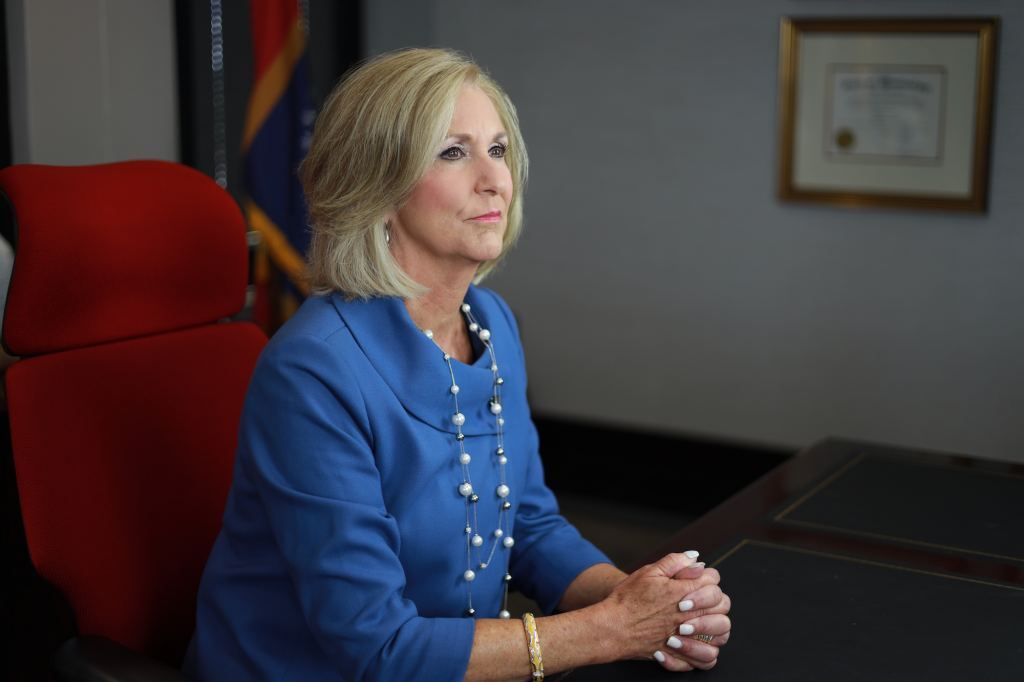
“We entered this argument because one of our core values is to educate all children well and equitably,” Becky Glover, a policy analyst at Parents for Public Schools, said in Thursday’s statement. “In this case, we’re standing up for almost half a million children, their families, and their communities. In doing that, we stand up for a stronger, better Mississippi and against perpetuating inequity.”
The State of Mississippi could appeal Judge Martin’s ruling in an effort to reinstate the $10- million grant program she blocked Thursday. The Associated Press reported on Thursday that Mississippi Attorney General Lynn Fitch’s office is “evaluating next steps.”
The State has not yet distributed any funds to private schools from the grant program.
‘Mississippi’s Shameful History’ of Academy Funding
Fights over giving public funds to private schools are not new in Mississippi. During battles over public school desegregation in the 1960s and 1970s, white parents pulled their children out of public schools and sent them to all-white private schools known as segregation academies. Mississippi’s segregationist Democratic leaders, known then as Dixiecrats, repeatedly attempted to redirect public funds to those private schools. Some of Mississippi’s top leaders, including Republican U.S. Sen. Cindy Hyde-Smith and Republican former-Gov. Phil Bryant, attended segregation academies for high school.
“When the state Legislature violated the Constitution by directing public money to private schools, it did more than merely continue Mississippi’s shameful history of undermining its children’s public schools,” Democracy Forward Senior Counsel Will Bardwell said in Thursday’s statement. “It broke the law, period. Today’s ruling makes clear: no one, not even the Mississippi Legislature, is above the law.”
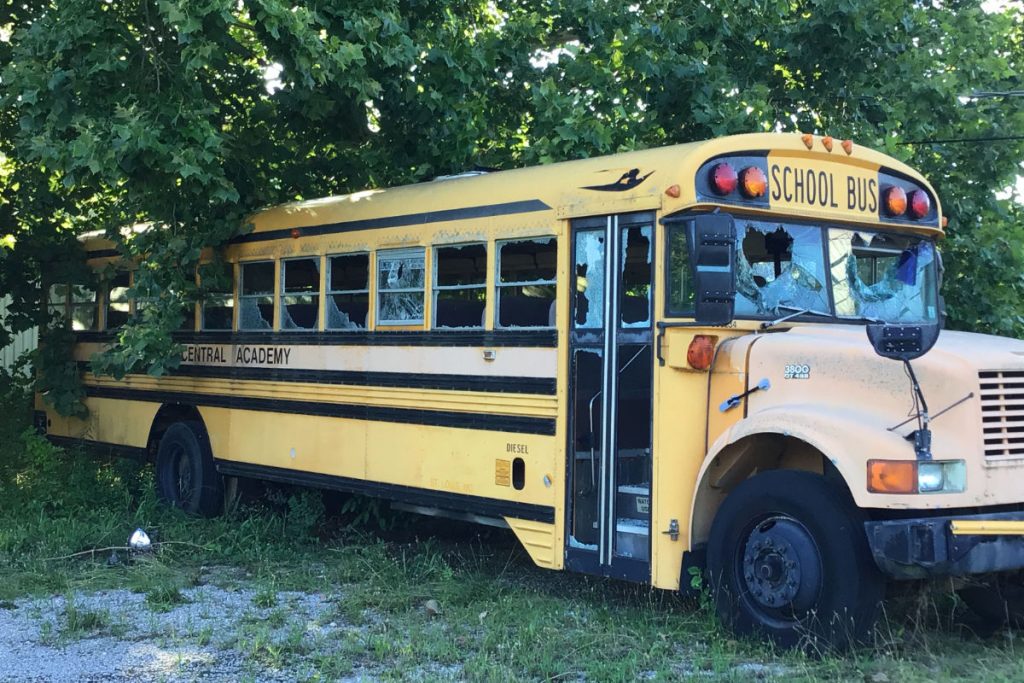
That history, including of still-existing segregation academies, is peppered with efforts to redirect public funds and other resources, such as taxpayer-funded books and school buses, to private academies in Mississippi that, in most cases, remain overwhelmingly white. An early voucher program in 1964, backed by then-Gov. Paul B. Johnson Jr. and the white Mississippi Legislature, transferred public tax money, including from Black taxpayers, to help establish segregation academies that openly did not allow Black students and taught racist curricula. White public-school administrators and board members even transferred public resources to local white academies.
The federal government had to sue segregation schools inside and outside Mississippi repeatedly to stop the transfer of public dollars to support them and other private, sectarian schools. President Ronald Reagan even ran on a platform of allowing tax exemptions for parents who chose private schools, but courts stopped his plan during his presidency. A series of lawsuits, in state courts and federal courts, ordered Mississippi schools to pay back unconstitutional fund transfers to private schools, including this list of 111 schools.
The effort to give private schools tax money has continued for decades, often framed as part of the “school choice” movement, despite continual legal challenges. Many formers segregation academies in Mississippi have rebranded as Christian schools, but often remain overwhelmingly white even in areas with large Black populations.
Modern Private School Voucher Programs
In recent years, Republican lawmakers and state leaders, including former-Gov. Bryant and current-Gov. Tate Reeves, have supported allowing special-needs vouchers for private schools rather than providing funding for those services in public schools. That includes a voucher program designated for special-needs children that directs millions in public education funds to private schools, including ones that do not have special-needs programs.
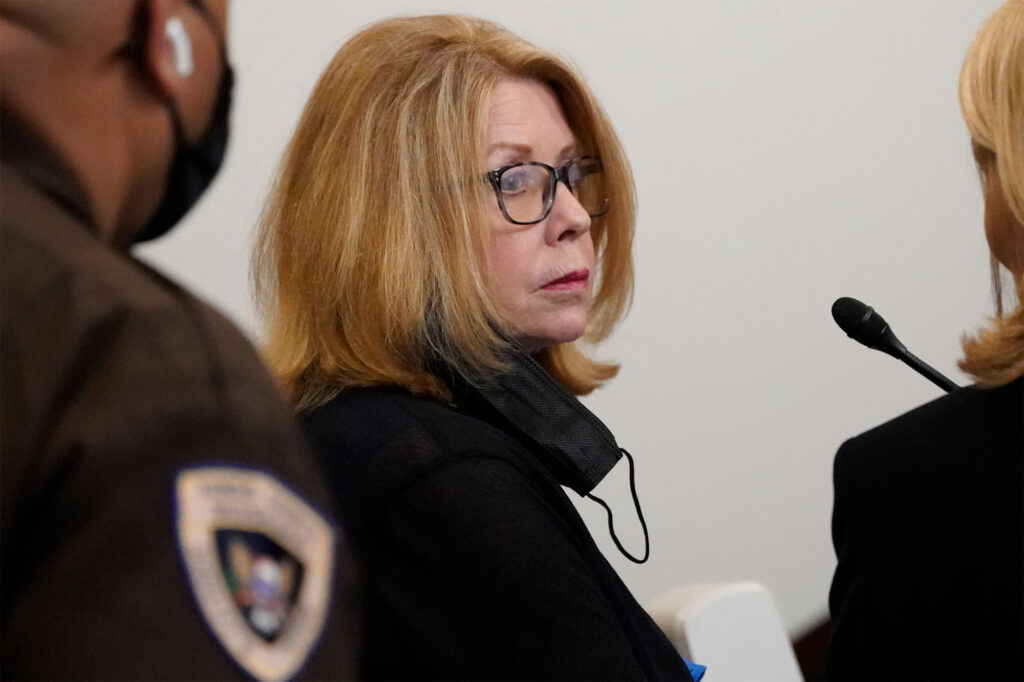
Since 2020, Nancy New, the operator of the private-school company that was the top recipient of voucher program funds, has pleaded guilty to multiple state charges for her role in misspending tens of millions in welfare dollars. Federal officials also charged her for illegally using more than $2 million in public-education funds to pay employees at her private school, New Summit School, though those charges were not related to the voucher program.
During his 2019 campaign, Gov. Reeves, who helped ensure the voucher program’s passage during his time as Senate president, recorded a pro-public education at New’s private school. He later disavowed New after her arrest in February 2020.


